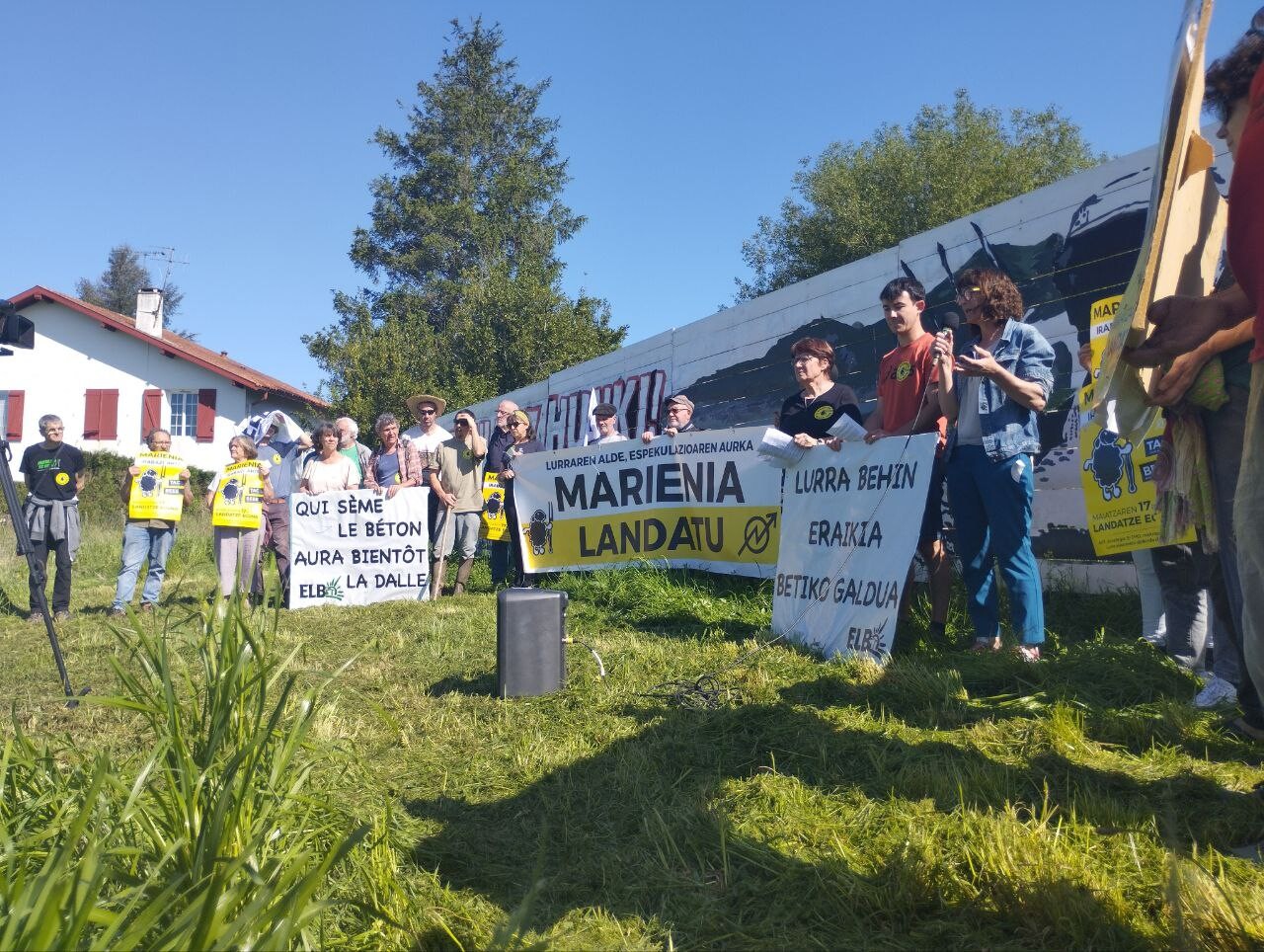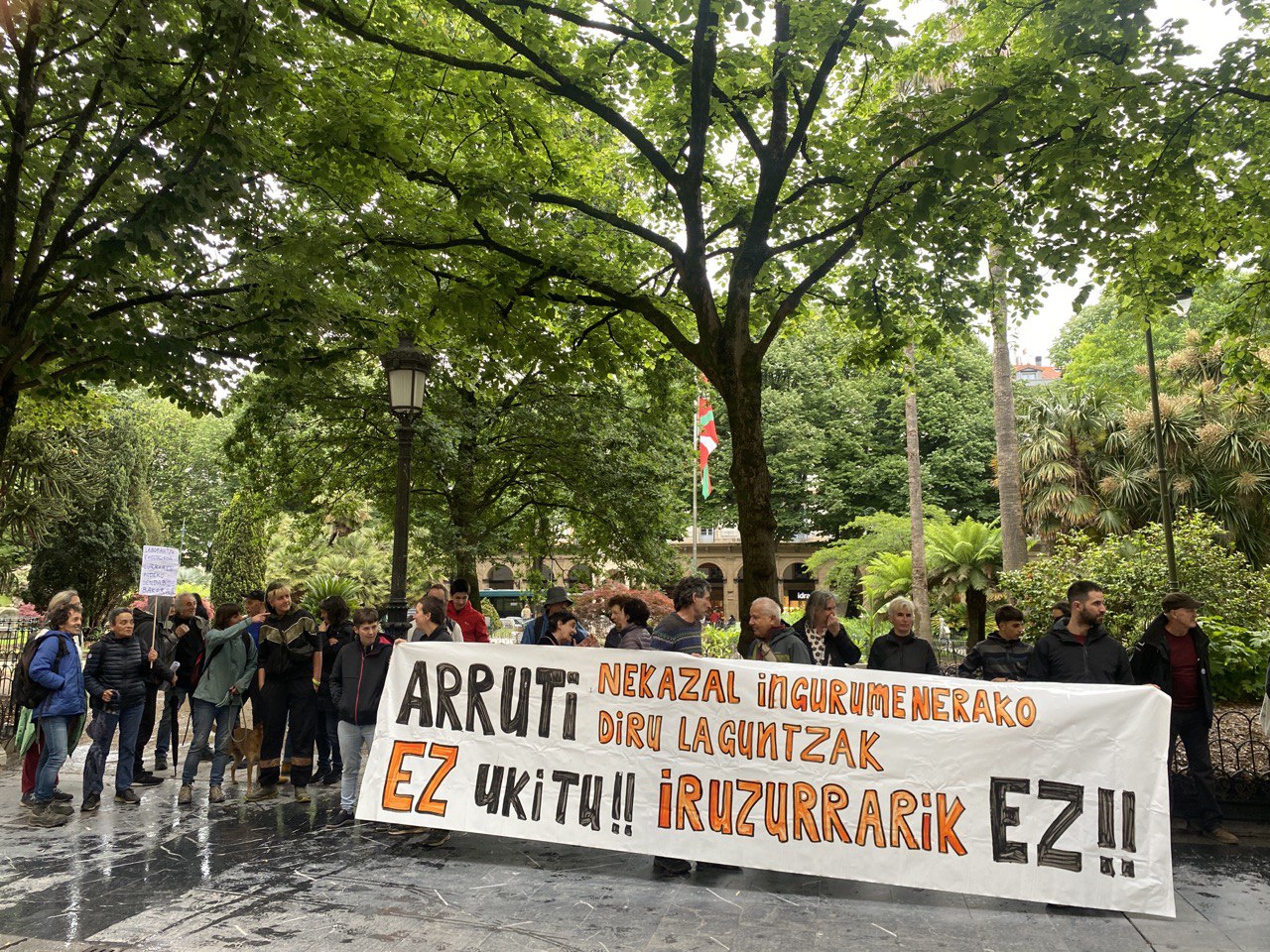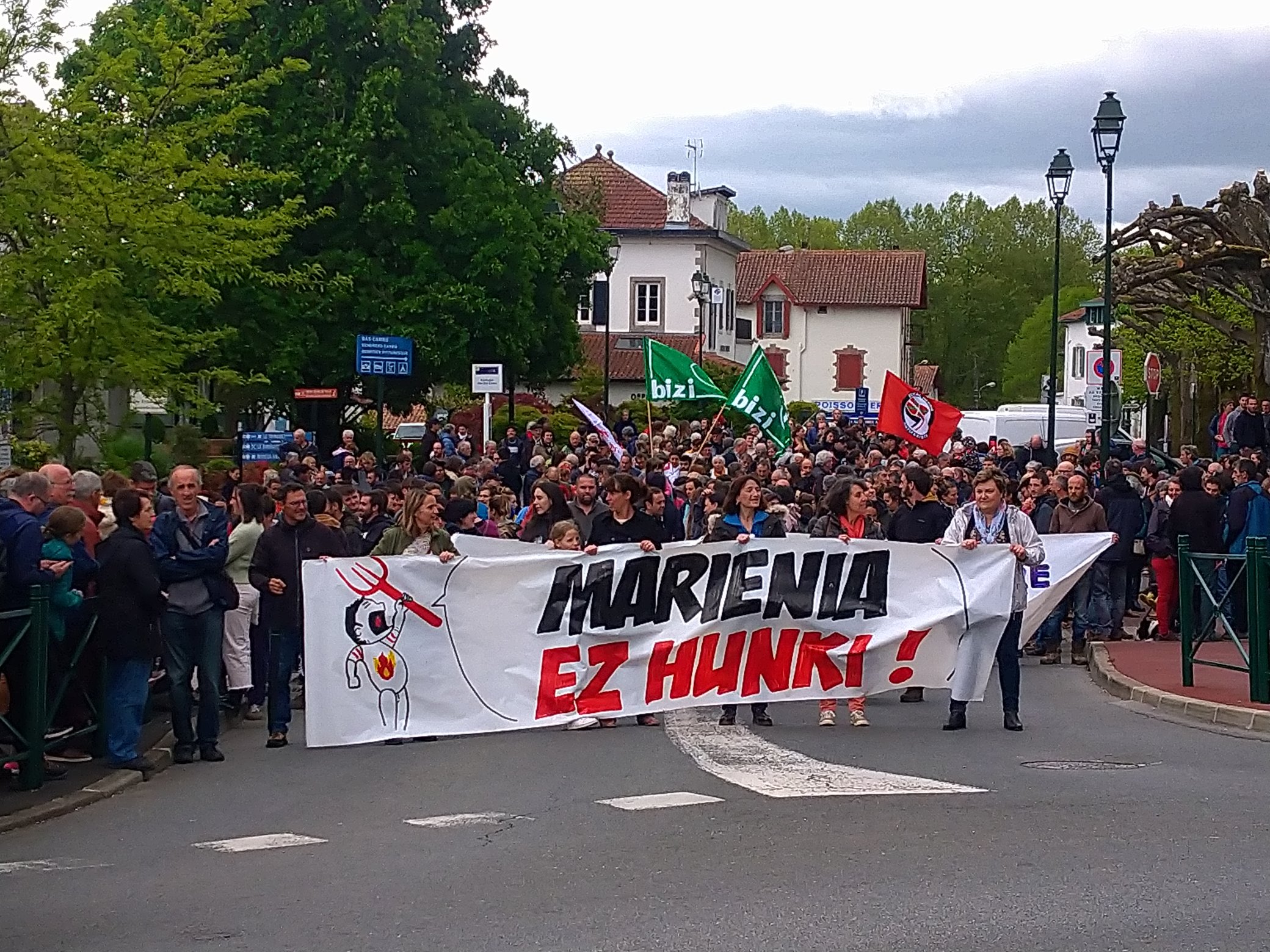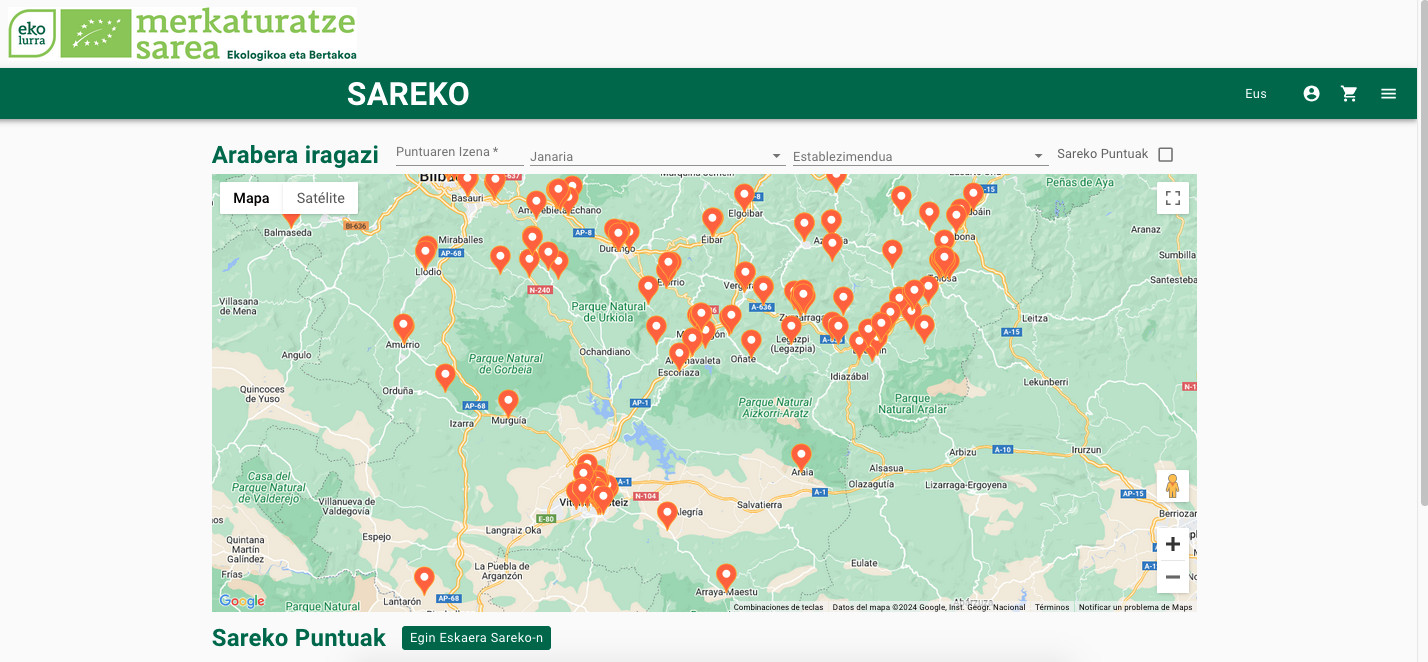Only 5% of CAPV agricultural land is ecologically certified
- The organic farming model is booming in Álava, Bizkaia and Gipuzkoa, as confirmed by the Ekolurra Council, but is still far from 25% of the European Green Treaty target by 2030.

The Agricultural and Food Council of the Basque Country (ENEEK), Ekolurra, has warned that the agricultural model of Araba, Bizkaia and Gipuzkoa must provide a “clear evolution towards the ecological” in the next six years in order to meet the objective of “From the farm to the table” of the European Green Pact. The challenge is that by 2030 25% of the land will be produced ecologically, but in the CAPV, as Ekolurra confirmed, only 5% is currently registered.
They highlight the need to continue promoting agroecology to achieve this goal, a model “adapted to the local productive characteristics”. Attention has also been drawn to the need to facilitate access to consumers and to “strengthen the most dignified forms of marketing” for producers. Ekolurra states that citizens are aware of ecology, health and food, but there is a lack of “action”: “The challenge is to find and buy indigenous organic foods.”
51 new organic producers
In 2023 Ekolurra certified 1,668 hectares of the CAPV in the ecological model, with a total of 10,772 hectares registered in the ecological model. 55% of the area is located in Álava, 24.5% in Gipuzkoa and 20.5% in Bizkaia, but Ekolurra highlights that in 2023 it has grown 29% due to the registration of livestock activities. As for the producers, Ekolurra reports the registration of 51 new agents, highlighting two data, 80% of which were in the first industrial model and have evolved towards the ecological and 35% are producers under 45 years of age.
New Council established
On 22 and 23 February, the Amorebieta-Etxano headquarters held a conference between the old and the new Ekolurra commission. It brought together the new representatives of Ekolurra elected for the next four years on 5 February: President Judit Gartzia, Vice-President Garikoitz Aiesta, and four producers in the organic food subsectors, four other members of the processing and marketing and one representative of consumers. Also part of ENEEK are the Basque Government and the Foral Deputies of Araba, Bizkaia and Gipuzkoa.





















